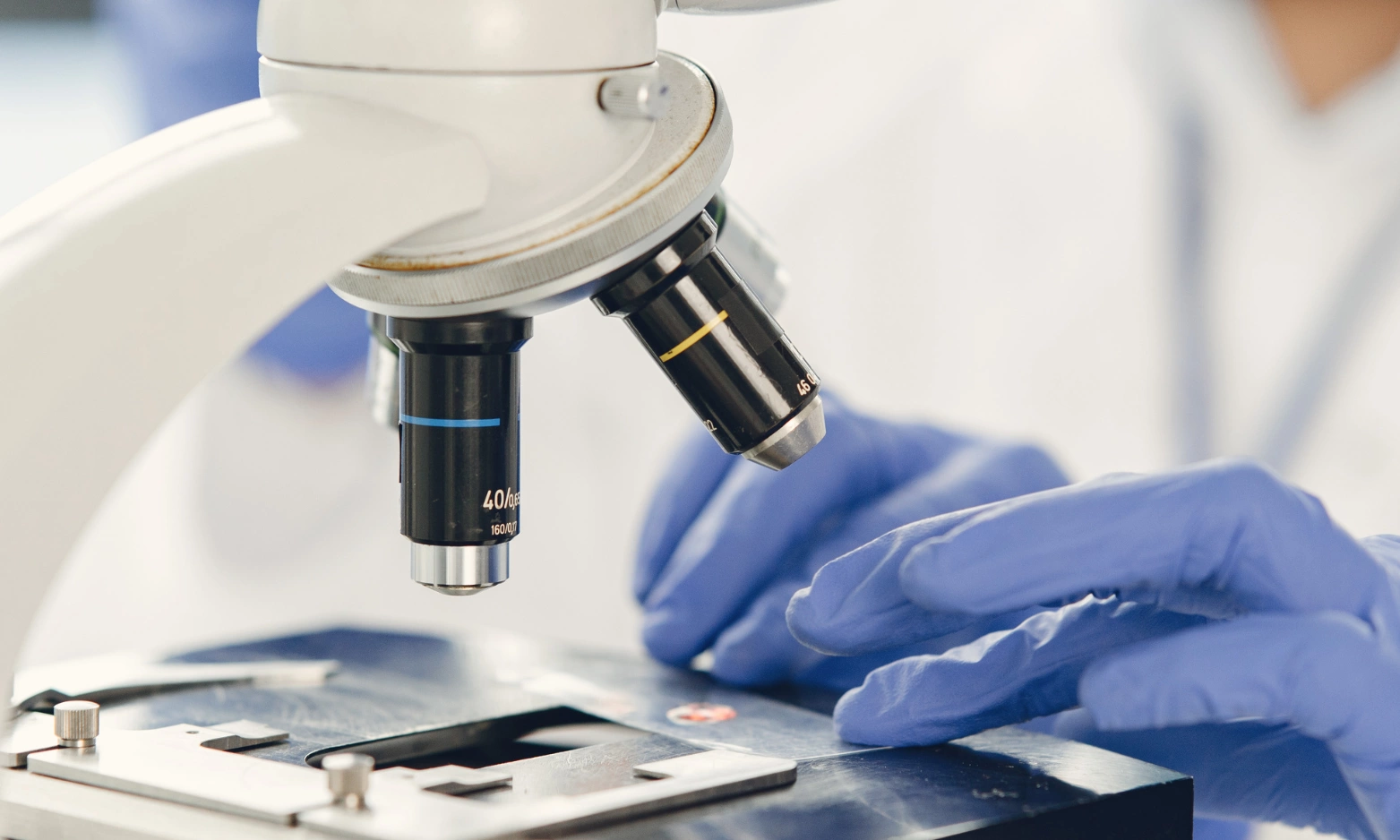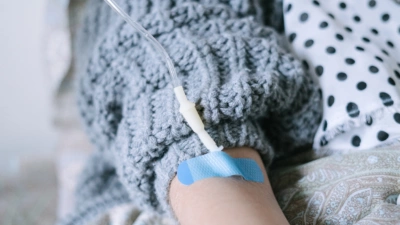Targeted therapies are a group of drugs that block the growth and spread of cancer cells by interfering with specific molecules. They are designed to act on specific molecular targets and attack cancer cells without harming healthy cells.
Types of targeted therapy:
- Cancer growth inhibitors: block signals to cancer cells to stop them from growing and surviving.
- Monoclonal antibodies: lock on to specific proteins found on the surface of abnormal cells, like cancer cells. Referred to as targeted therapy or immunotherapy. For more information, see information under immunotherapy.
- Proteasome inhibitors: work by blocking proteasomes so that proteins build up in the cell and the cell dies. Proteasomes break down excess proteins in cells and are needed for cell growth and development.
The side effects of targeted therapy depend on which type of drug you are given. Side effects can also vary from person to person. Side effects of targeted therapies may include:
- Fatigue (extreme tiredness)
- Diarrhoea
- Muscle, bone or joint pain
- Numbness or tingling of the hands or feet
- High blood pressure
- Skin rash or being sensitive to the sun
- Bleeding or blood clots
- Decreased numbers of blood cells
- Tenderness and blistering of the hands or feet
- Slow wound healing.




